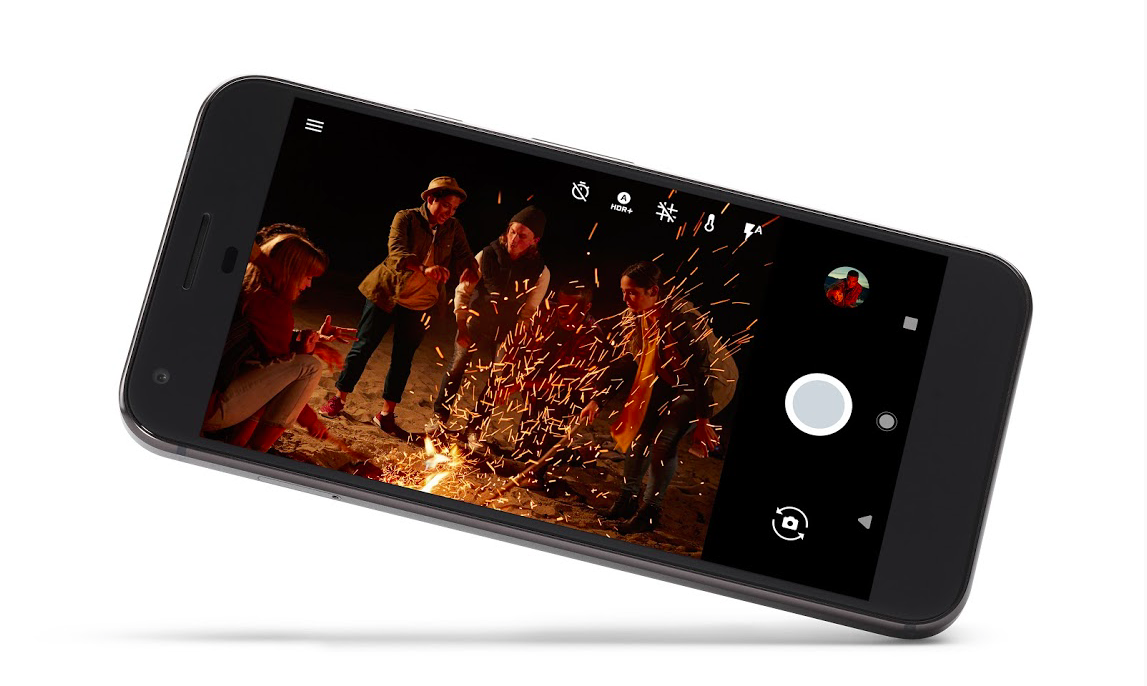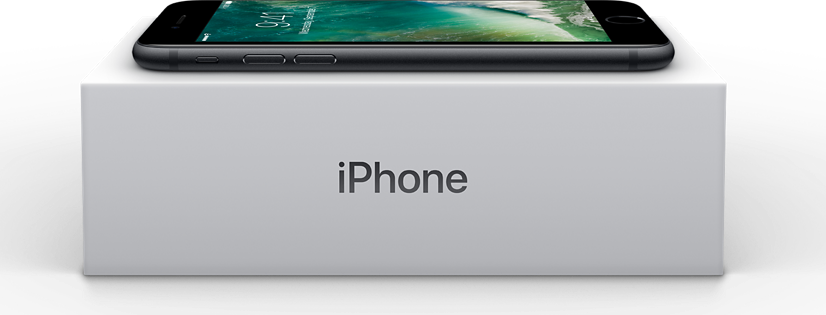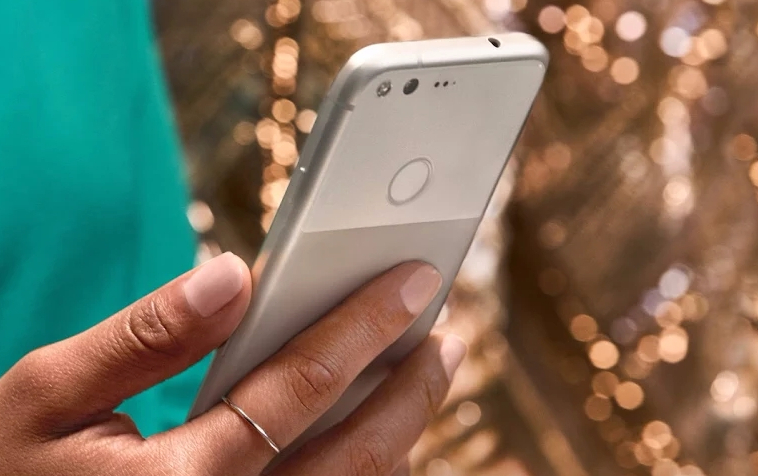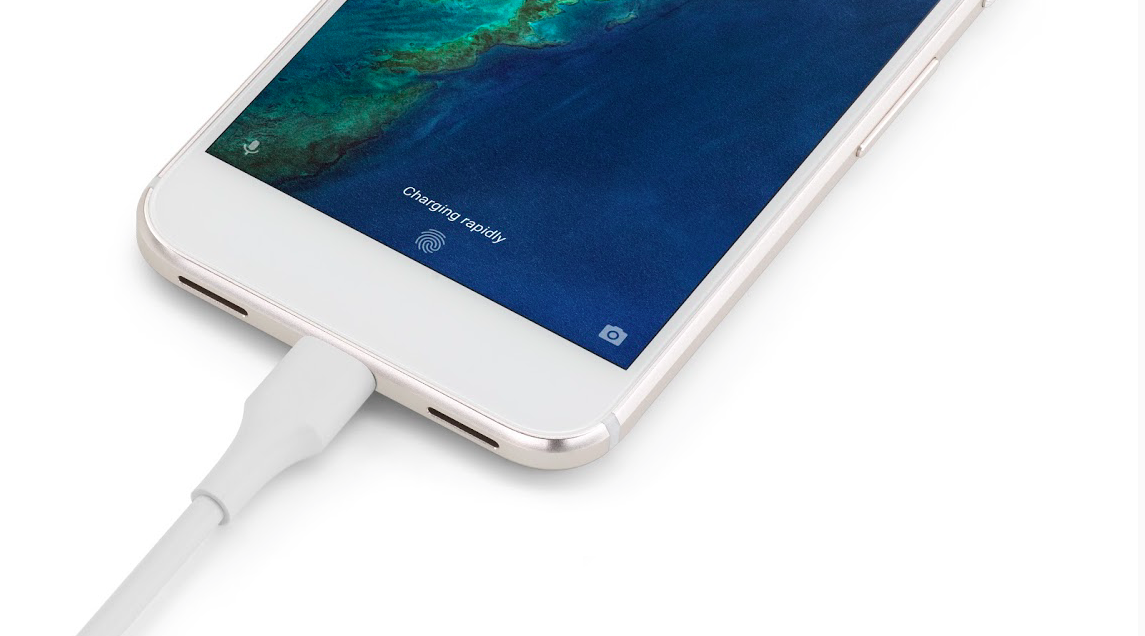Android and iOS are the leaders in mobile operating systems across the globe. Both share a common goal of providing fast, efficient, and robust performance in mobile devices. But both operating systems have their own pluses and minuses. iOS offers the most polished mobile interface along with regular updates, but it lags in terms of customization and is typically higher in price. Android, on the other hand, is the world’s most popular open-source mobile operating system, but it lags in terms of security and providing regular updates.
While Android lovers are loyal to the operating system, iOS lovers are loyal to the company behind the OS. There are several mobile manufacturers offering Android OS, but only Apple-made handsets run iOS. Among all available mobile brands running Android, only a few are considered high-end models, and this has always been a knock against the platform when compared to Apple’s handsets.
![]()
Although a few prominent brands such as Samsung, LG, and Huawei collaborated with Google in the past to make Nexus handsets, none has ever gained the popularity of an iPhone. But Google has made a big leap in the mobile hardware arena by producing its own handsets: the Pixel and Pixel XL. There are a lot of similarities in these flagship handsets. Pixel and the iPhone 7 are not only priced similarly but are also marketed similarly. Both handsets are touted as the smartest smartphone ever made and both Apple and Google claim their handset has the best camera a smartphone ever had.
The battle of the heavyweights has begun in earnest: This time, it’s not just Android vs. iPhone, it’s Google vs. Apple. Let’s find out if the Pixel and Pixel XL are really the much-awaited complete Android competitor to the iPhone 7 (and its bigger brother, the iPhone 7 Plus).
Security
No matter how strong the specifications of a device are or how many features a smartphone packs in, security always remains the vital aspect of enterprise mobility, especially with more companies embracing BYOD programs.
Android and iOS have different approaches in securing their handsets. Apple’s iOS-based devices are generally more secure and are less prone to vulnerabilities when compared to that of an Android-based device. Since the Android ecosystem is highly fragmented and there are hundreds of smartphone manufacturers using various versions of Android OS, each device manufactured has different security and vulnerability issues. On the other hand, Apple solely controls the entire iOS ecosystem including hardware, software, and firmware upgrades. , iOS also relies on very strong encryption practices throughout the platform, making the iOS-based devices more secure than Android-based handsets.
Android security, however, has made great improvements in the recent years. The Google Pixel series of smartphones comes encrypted by default to offer higher security. Android 7 Nougat, which is the default OS in Pixel smartphones, comes with a file-based encryption (FBE). Using this method, different files on the device can be encrypted using different security keys and can be unlocked independently. This not only increases the security but also offers a higher control over the device. There are several other security enhancements included in Pixel, making it arguably the most secure Android phone ever. For more information on Google Pixel’s security, click here.
Because the hardware, software, and firmware of Pixel smartphones are completely controlled by Google — much like Apple has full control over its iPhones — these devices offer high security and will enjoy continual and quick updates from Google, unlike Android phones from other manufacturers.
Design
The iPhone 7 comes with the familiar design aesthetics seen on its predecessor, the iPhone 6S. The handset has an aluminum body with a fingerprint sensor integrated in the home button at the front. It comes in a smooth and sturdy all-metal casing with curved sides and flat back. The Pixel, meanwhile, has more of an industrial appearance with a brushed metallic finish. Both the Pixel and Pixel XL are made up of aluminum and glass with a fingerprint sensor residing at the rear.

While these flagship handsets look different in terms of their build and appearance, both offer a stunning, clean, beautiful, and premium design. However, when it comes to physical features, the biggest difference between the two phones is waterproofing. The iPhone 7 is IP67 water and dust resistant, while the Google Pixel is just IP53 splash resistant.
Which of these handsets looks more handsome is a subjective judgment. All we can say is both handsets are beautifully crafted and each feels premium in every way.
Display
Both the Pixel and iPhone 7, as you already know, are each available in two variants. The Pixel has a 5-inch full-HD AMOLED display with a resolution of 1080 x 1920 pixels, while the iPhone 7 sports a 4.7-inch Retina display with a resolution of 1334 x 750 pixels.
As far as their larger siblings are concerned, displays on both the devices are 5.5-inches, but the panels and display technologies used in them are different. While the Pixel XL has a 2560 x 1440 Quad HD AMOLED display, the iPhone 7 Plus has a 1920 x 1080 Retina display.
While both the Pixel and iPhone 7 have flawless displays, Google outdoes Apple in terms of the pixel density and resolution. Higher resolution means crisper and sharper display. But it does not really impact general usage — unless you want to start giving VR a spin by strapping on a Daydream View headset (which currently works only with the Pixel and Pixel XL). The iPhone 7 offers a brighter and well-calibrated display than that of the Pixel, providing excellent viewing angles and higher visibility under direct sunlight. And the 3D Touch on the iPhone 7 gives it an added advantage over the Pixel in terms of providing various functionalities with its pressure sensitive display. It is, of course, up to the user to choose between the iPhone 7’s bright and vivid display or the Pixel’s pixel-dense display.
Hardware
 Both the Pixel and the iPhone 7 pack in a quad-core processor. The Pixel and Pixel XL run the same Snapdragon 821 processor paired with 4GB of RAM under the hood. Apple brings a small upgrade to the iPhone 7 Plus by bumping system memory from 2GB to 3GB compared to the iPhone 7. However, both iPhone 7 and iPhone 7 Plus are powered by Apple’s latest and most powerful A10 Fusion processor.
Both the Pixel and the iPhone 7 pack in a quad-core processor. The Pixel and Pixel XL run the same Snapdragon 821 processor paired with 4GB of RAM under the hood. Apple brings a small upgrade to the iPhone 7 Plus by bumping system memory from 2GB to 3GB compared to the iPhone 7. However, both iPhone 7 and iPhone 7 Plus are powered by Apple’s latest and most powerful A10 Fusion processor.
While the Apple A10 Fusion processor is touted to be the fastest processor on any mobile device, the Snapdragon 821 has better graphics performance. And finally, getting to the storage options, Google has opted for 32/128GB storage tiers on both its handsets. Apple, meanwhile, has finally ditched its paltry 16GB offering with the iPhone 7 and opted for 32/128/256GB models.
In terms of general usage, both these devices are equipped to deliver a blazing fast overall system performance, with a largely smooth, lag-free user experience.
Software
Android and iOS are entirely different operating systems and both platforms have their own pros and cons. Currently, the basic rule of thumb is, if you prefer to customize and use your phone to the fullest, Android is the one to be picked. On the other hand, iOS is a less-fragmented OS with some limitations, but it is clean, polished, and offers better app support along with regular updates.
iOS 10 is Apple’s best operating system yet. It comes with several additions and improvements in its overall look, feel, and usage. Major upgrades include 3D Touch integrations to support more apps, an all-new Siri and accurate Apple Maps, improvised control center and modernized lock screen. In addition, iOS is a more reliable and secure OS than Android. iOS is less prone to malware and is comparatively difficult to hack. An essential aspect where the iOS 10 lags Android 7 Nougat is the Daydream VR platform. Although the iPhone 7 is an equally powerful device, Apple just doesn’t seem to be interested in adding VR capabilities, giving Google another edge over Apple.
Google’s latest Android 7.0 Nougat operating system is promised to receive regular updates till 2018 from Google and it also provides 24/7 live customer support to its users on the phone itself. Among all the added features in Android Nougat, the biggest differentiator is its artificial intelligent assistant: Google Assistant, which is pre-installed in the devices running Android 7.0. Google Assistant is bolstered by advanced machine learning protocols and is, by all means, better at understanding things than that of the iPhone’s virtual assistant, Siri. Google Assistant is good at conversations, more sophisticated, and is easy to use. Google Assistant’s strong integration with other Google apps such as Maps, calendar, and other services makes the Google Pixel a more productive and smarter smartphone than the iPhone 7. Pixel phones also offer unlimited smartcloud storage for full-resolution photo and videos. In iPhones, this is a paid service.
Camera
 Smartphone cameras have gotten better and better over the years. Along with the megapixel count, image processing on the smartphones has moved closer to the professional level. Let’s look at the imaging capabilities the Pixel and the iPhone 7:
Smartphone cameras have gotten better and better over the years. Along with the megapixel count, image processing on the smartphones has moved closer to the professional level. Let’s look at the imaging capabilities the Pixel and the iPhone 7:
The Pixel sports a 12-megapixel primary camera with an aperture of f/2.0 with a larger pixel size of 1.55µm. On the front, it has an 8-megapixel secondary camera with an aperture of f/2.4 with a pixel size of 1.4µm. The primary camera is capable of recording both 4K videos and slow-motion videos.
The iPhone 7 comes with a 12-megapixel primary camera with an aperture of f/2.0 and a 7-megapixel secondary camera with an aperture of f/2.2. The iPhone 7 Plus comes with a dual camera setup: There are two 12-megapixel cameras with different sensors to complement image capturing at different conditions.
Both handsets offer a strong set of features, but there are a few areas where one phone captures better images than other, and vice-versa. For instance, the iPhone 7 can capture more detailed macro shots along with good depth of fields in the image. On the other hand, the Pixel can take great selfies and record better videos than the iPhone 7. Still, both these handsets have very good imaging abilities.
Battery life
Battery life is one of the most crucial aspects of buying a smartphone. Almost all the phones these days are stuffed with rich and futuristic features but are constantly struggling to provide adequate battery life.
Apple has packed the iPhone 7 with a nonremovable 1960mAh Li-Ion battery. The Pixel is powered by a bigger 2770mAh battery, which is also nonremovable. In the past, Apple iPhones, although they had comparatively smaller batteries, were as good as an Android handset with a bigger battery. Unfortunately, this is not the case with the iPhone 7. Its battery life isn’t amazing in real-time usage. The Pixel, meanwhile, does perform well in terms of battery life.

Stuffed with larger batteries, the Pixel XL (3450mAh) and the iPhone 7 Plus (2900mAh ) deliver better battery life than their smaller siblings. If a longer-lived battery is your primary requirement, you’ll need to go for the larger models of the iPhone or Pixel. Both the Pixel handsets are Qualcomm Quick Charge enabled, giving them an upper hand over the Apple iPhone 7 and 7 Plus.
Time to choose
The Pixel and Apple iPhone 7 are very closely matched in terms of the specifications and features they offer. They also mirror the latest technological advancements in mobile devices. Like all the aforementioned aspects, pricing of these handsets is also pretty similar with both phones starting at $770 for the 32GB  variants and $870 for the 128GB variants.
variants and $870 for the 128GB variants.
The Pixel offers a larger display size, RAM, battery capacity, and resolution than the iPhone. But the iPhone is the show-stealer in terms of design aesthetics, such as a slimmer profile and waterproofing. Although there are areas where one trumps the other, both these handsets are solid in their build and are seamless in their performance. They both have brilliant software ecosystems and cameras.![]()
Ultimately, the decision of choosing between these two handsets is purely subjective and is based on which platform and design you prefer. But one thing cannot be denied: The Pixel is a worthy and tough competitor for the iPhone 7, just as Google is a worthy and tough competitor for Apple.
Yes, the battle of the best smartphones has just begun.
Photo credits: Apple, Google




You know your computing very well..Respect..